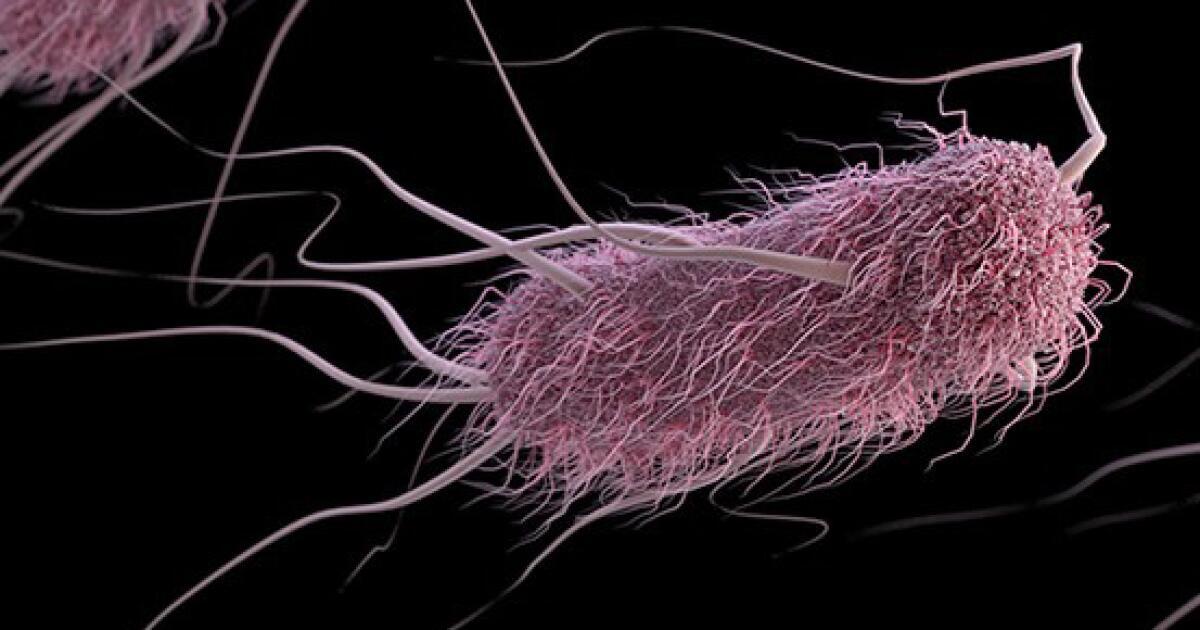Meat and poultry are the leading causes of foodborne illness in Southern California, according to a recent study.
Contaminated meat from the grocery store can cause your UTI
- Share via
For a long time, it was believed that urinary tract infections were caused mainly by personal hygiene.But new research suggests that many cases may be caused by infections from contaminated meat bought in grocery stores.
UTIs are common — with 400 million cases per year worldwide — and can occur when bacteria enter the urinary tract and become infected in the urinary tract, according to the U.S. Centers for Disease Control and Prevention.
Although public health agencies including the CDC have made it clear that E. coli can cause UTIs, the information they provide is often vague.
A new study published Thursday in the scientific journal of the American Society for Microbiology found that UTI-causing E. emphasizes coli strains.
Between 2017 and 2021, researchers from George Washington University and Kaiser Generente Convolley collected 5,700 UTI-positive urine samples from UTIF from UTIFNIA in San Diego.
The researchers also need samples of meat (including turkey, chicken, pork and pork) en route to the plant's residential location.
By comparing these two sets of samples, the researchers determined that about one in five infections could be linked to exposure to E. Coli from meat purchased in the US.
"Urinary tract infections have long been considered a personal health concern, but our findings show that they are also a food safety issue," said Lance Price, senior author of the study and a professor in the Department of Environmental and Occupational Health at George Washington University.
Among the meat samples, E. Coli prevalence was east
According to the study, families that affect women affect women, especially people who live in low-income groups.
Women in general are more susceptible to infection due to their anatomy.Women have a short urethra-urethra-tube, which leads the body of the bladder outside the body, and the passage of bacteria into the urethra and bladder is facilitated by a short distance.However, it is unclear why food and UTIS affect women more than men.
It is also not certain why there is such a strong correlation between the burden of food and people living in areas of high poverty.However, the study found that E. Coli contamination was common in "important packages" of meat; ie.products with a large amount of meat are sold at a lower price per
"My personal experience from going to stores in many important institutions compared to low-income neighbors," said the quality of the product.
The research was conducted in improper temperature storage, stored at improper temperature, improper safety and unhygienic conditions, hygiene implementation, hygiene implementation e.coli contamination.
Acceptance of prices and their group's experience among some jawans is to blame."Water can hold the ocean's culprits. If the customer thing is annoying, then people will be in their right mind."
While Price believes our food supply chain could do more to reduce the risk of foodborne UTIs, consumers can practice safe food handling to reduce the risk of food exposure.This includes:
- Buy meat and poultry that are sealed to prevent leakage into other food ingredients.
- Thorough cooking of all meat and poultry products.A complete list of recommended temperatures for whole cats of beef, ground meat, and poultry can be found on the CDC website.
- Elimination of interruptions in the kitchen.
- Wash your hands and kitchen surfaces after preparing raw meat.







